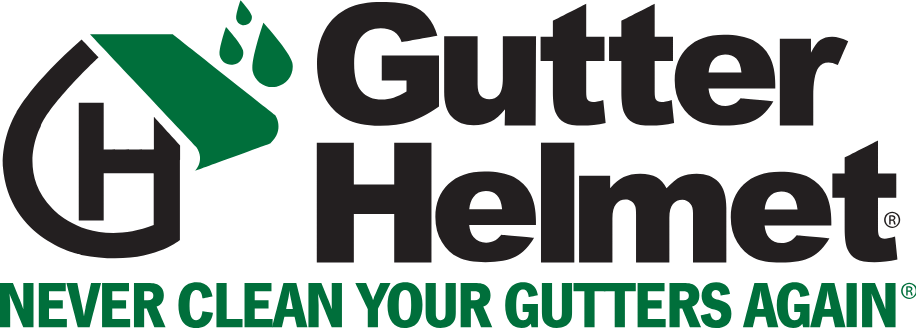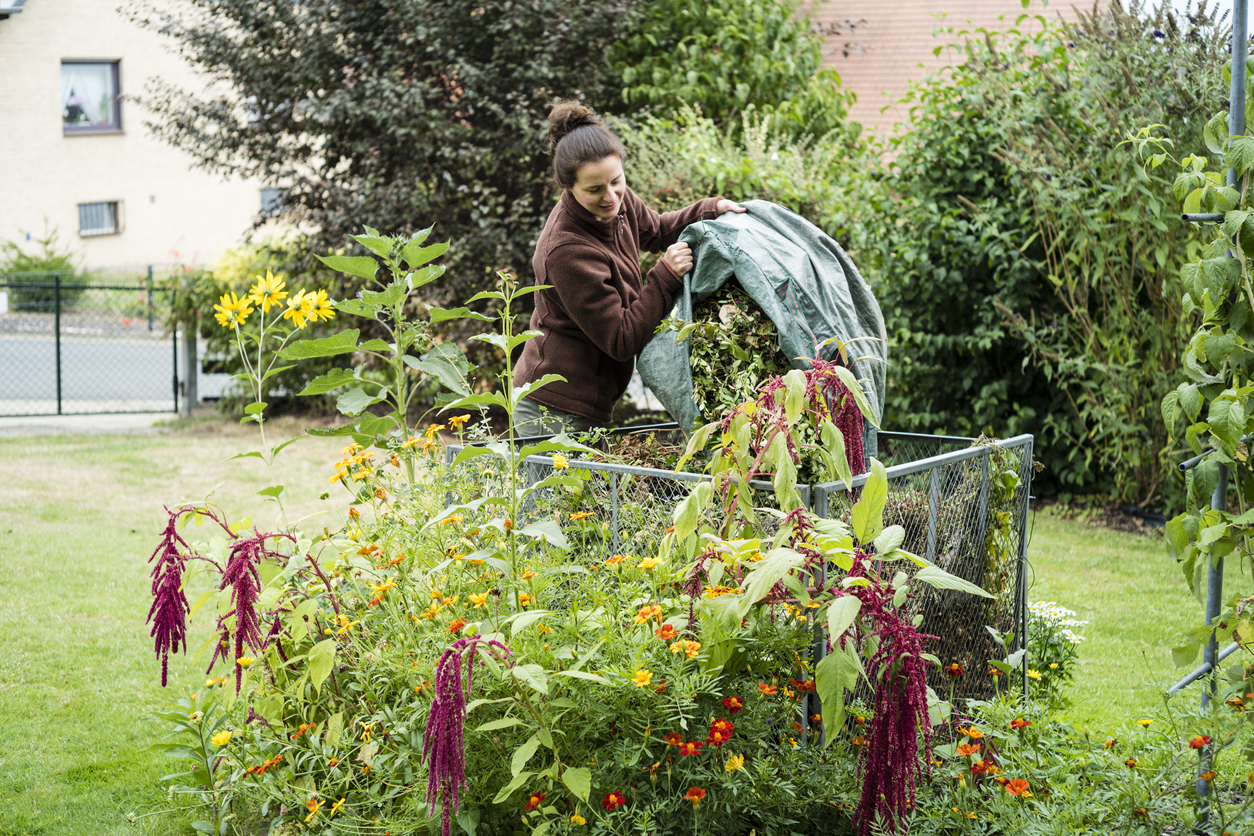While many households throw everything in the trash, those that are more environmentally conscious often sort their waste into three categories: trash, recycling and compost. Recycling and composting are great activities for reclaiming materials that can be transitioned back into the production chain. Most homeowners don’t realize that up to 30% of household waste can be recycled into compost. Compost breaks down into soil that’s full of organic matter and beneficial nutrients which can then be applied to gardens and lawns to help plants better retain moisture, air and nutrients.
What Not to Compost
Despite its benefits, there are certain materials and organic substances that aren’t appropriate for composting, as they either attract pests, break down too slowly or hamper plant growth. As such, avoid adding the following to your compost pile.
- Bread. While it may seem fairly innocuous, bread as well as noodles can attract unwanted pests.
- Dairy products. While dairy products such as yogurt, milk and cheese break down readily enough, they’re also a magnet for pests. Plus, they don’t add much nutritional value to the soil.
- Meat scraps and bones. Not surprisingly, fish, meat, bones and animal fat attract pests, and in the meantime take a very long time to decompose.
- Colored paper. Due to the vivid ink found in colored and glossy magazine papers, which often contain heavy metals and other toxic substances, you should avoid putting them in the compost bin. Regular newspaper is fine, though it does break down fairly slowly.
- Treated wood and sawdust. Both sawdust and treated wood contain chemicals that will make your compost toxic.
- Diseased plants. Don’t add perennial weeds or diseased plants to your compost pile, because you don’t want them to resprout or spread seeds to areas of your yard where you don’t want them.
- Pet droppings. While waste from animals like chickens, cows and horses is acceptable for compost, don’t compost droppings from carnivorous pets like cats and dogs because they can contain parasites.
If you’re a gardener, we’ve got good news for you: when you install a gutter shield like Gutter Helmet® on your gutters, there will be more leaves available for you to put in your compost pile because they’ll no longer be clogging up your gutters! We have a proven gutter protection system you can rely on that’s even more effective than systems such as Leaf Relief, Raindrop and Gutter Topper®. To find out more from the best gutter guard installer in your area, give Gutter Helmet a call at (800) 824-3778.

